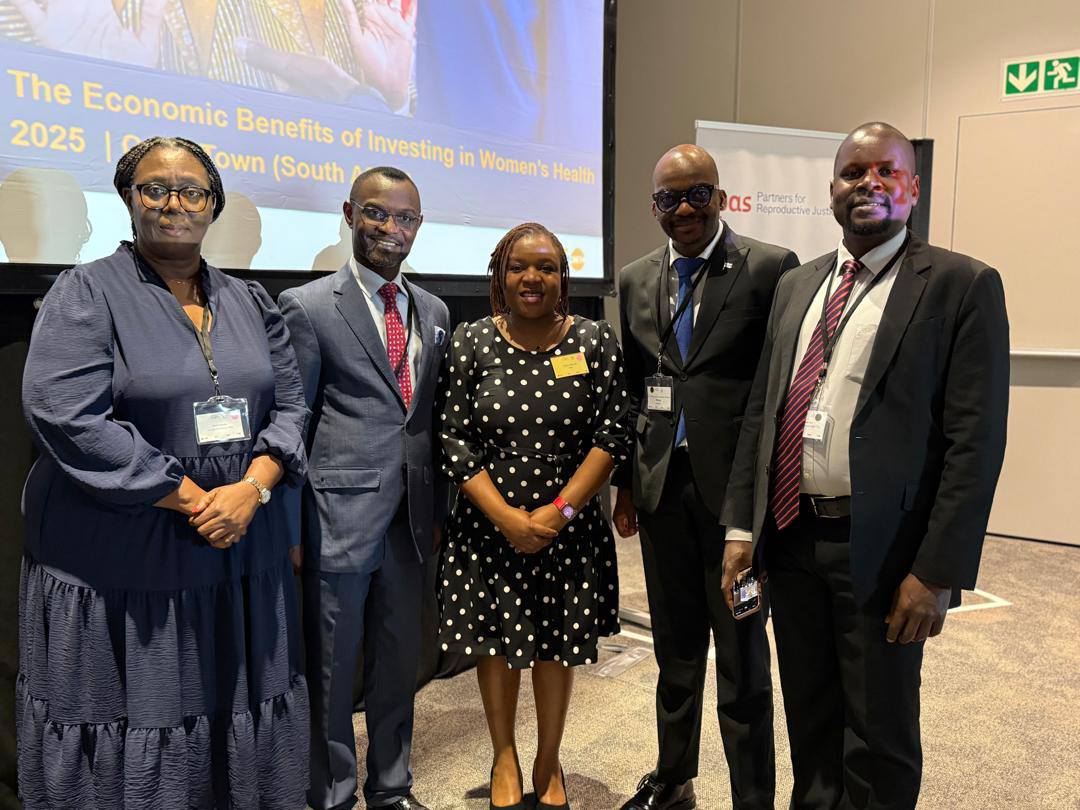As global leaders gather for the G20 Parliamentary Conference on Women’s Health, a compelling truth echoes through the halls: investing in women’s health is not just a moral imperative—it’s a powerful economic strategy. The Botswana delegation, active and engaged in this year’s conference, underscores the growing recognition among member states that inclusive health policies are key to unlocking sustained economic growth.
Why Women’s Health Matters Economically
Healthy women drive economies. They form a significant portion of the workforce, often act as primary caregivers, and are central to the health and productivity of families and communities. However, gender disparities in health access, outcomes, and research investment remain widespread across both developed and developing G20 nations.
According to the World Bank, every dollar invested in women’s health yields a high return—through increased productivity, reduced healthcare costs, and better outcomes for the next generation. Healthier women can contribute more consistently to the workforce, pursue education, and build more resilient communities.
In countries like Botswana, where the delegation is keenly involved in ongoing discussions, investments in maternal health, reproductive services, and disease prevention have shown promising socioeconomic returns. These outcomes offer an inspiring model for broader G20 implementation.
Bridging the Gap Through Policy and Collaboration
The G20, representing over 80% of the global GDP, is uniquely positioned to catalyze a shift in how nations view and fund women’s health. However, this potential will only be realized through coordinated action—policy alignment, increased public and private investment, and culturally aware implementation strategies.
Botswana’s parliamentary representatives have taken a proactive stance in the conference sessions, highlighting successful local initiatives in women’s health and calling for increased cross-border partnerships. Their active participation signals a commitment not only to national development but also to a global movement that views women’s health as foundational to prosperity.
The Multiplier Effect of Investing in Women
Evidence from the World Economic Forum shows that women reinvest up to 90% of their income back into their families and communities, compared to 30–40% by men. This means that when women are healthy, their earnings uplift entire communities. Better access to reproductive healthcare also contributes to lower fertility rates, higher workforce participation, and greater household savings—catalysts for economic transformation.
In emerging economies within the G20, including countries in Africa, Asia, and Latin America, the stakes are particularly high. Improved access to cervical cancer screening, prenatal care, mental health support, and menstrual hygiene management could significantly reduce years of lost productivity and financial strain on health systems.
A Call to Action for the G20
The message coming out of the G20 Parliamentary Conference on Women’s Health is clear: the time to act is now. Investment in women’s health must be a priority on national agendas and a pillar of international cooperation. Fiscal strategies that embed gender-responsive budgeting can drive accountability and long-term impact.
For Botswana and other committed nations, this conference is more than a platform—it’s a launching pad. By continuing to engage, network, and advocate for smarter investment in women’s health, G20 members have the opportunity to rewrite the global economic narrative.










